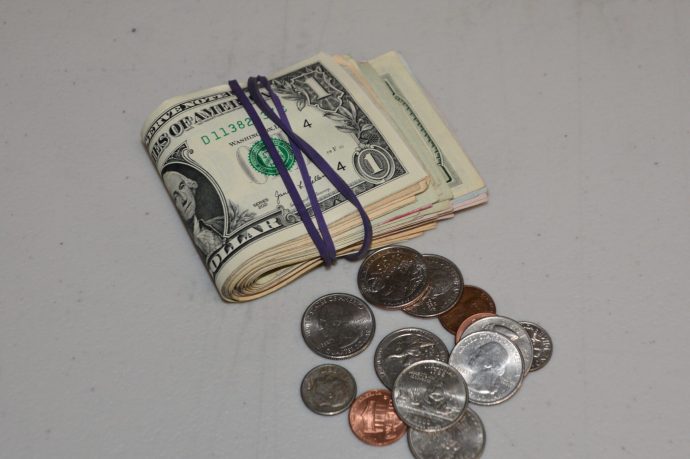Things are not as bad as they seem. After all, we do have unlimited access to Netflix, Prime and other streaming services so we can watch movies like “Barbie” and “Oppenheimer.”
We can still buy a chocolate malted, eat a rib eye steak and drink a cup of coffee. And we still have newspapers which we can hold and read. You see things are not so bad.
Yes, of course we still suffer with income inequality, stagnant wages and inflation. Yes, we still have climate change and unpredictable weather. Yes, we are still suffering with COVID, the pandemic that never seems to go away. Yes, drivers have taken to using very loud mufflers and they speed more recklessly than ever.
Our social life has been destroyed, thanks to social media. And, yes, children no longer play on the streets but have retreated to their basement to play Grand Theft Auto or Fortnite.
You would be correct to say we no longer have any Main Streets to walk along as Amazon and eBay have destroyed the local mom-and-pop stores, but who needs Mom and Pop anyway?
Yes, you might argue “how are we to cope with the growing threat that A.I. presents?” To this I would say ‘Don’t worry, be happy.” Or the growing threat of scammers one must sift through on the wild and wacky World Wide Web.
To all this I shall quote Alfred E. Newman, Mad Magazine’s mascot, who once famously said: “What me worry?”
But my attitude changed recently when my best friend told me his bank account was hacked and he is out $80,000. When he went to his bank (which is perhaps the biggest one on Long Island), the manager told him and I quote, “These hackers are getting very clever.” I’m not sure that was a comfort to my friend.
After that recent theft, I have begun to take seriously all of the current angst-filled narratives that the end of mankind is at hand.
Just this week The Sunday New York Times had two feature stories about the end of us. One essay was written by the Bates College scholar Tyler Austin Bates, who is an expert on the history of Western fears about human extinction.
He described the current state of affairs as a polycrisis with an endless series of global problems, including COVID, climate change, A.I. threats, loss of Main Street and ongoing income inequality.
The other article about the apocalypse was found in the magazine section and concerned the epidemic of train robberies now taking place due to 21st century e-Commerce. There are now trains that are 2 miles long filled with shipping containers.
As they slowly rumble through towns outside of Los Angeles, thieves jump aboard, break into the containers and have a field day pilfering goods like sneakers, televisions, computers and more.
This reminds me of the way rats smell food and gnaw through wood to get at it. To give you an estimate of how large this theft problem is, the estimated cost is $50 billion annually.
Which takes us back to the comment I made at the beginning of this column about how we all need to sift our way through the endless emails we receive, with about 10% of them scams that are trying to grab your money.
Long gone are the days with the scams which read “Dear Friend. I need your help. I must deposit $10,000,000 in a U.S. bank so I need for you to accept this money from me. Please contact me immediately so that we can discuss the details.”
Nowadays we have scams that look exactly like they are coming from your bank or credit card company and are alerting you that your assets have been hacked and to immediately contact them so they can help you protect yourself.
I have taken to seeing the electronic world we live in as just dangerous as the Wild West was back in the 19th century. But instead of gun slingers and prostitutes, we have hackers who use computer hardware to steal our money.
The Bates College scholar suggested that we need to learn from past crises so that we can resolve our current ones. He tried to be optimistic in order not to depress or alarm the reader.
Back in 1904, Henry Adams wrote “A Law of Acceleration,” which warned that the coming technology was like a roaring comet and that all we could do was to hold on for dear life. There is much wisdom in that statement.
The difference between 1904 and 2024 is that now that roaring comet has accelerated and somehow it has become infected with scammers, thieves, delinquents and other types of rats, creeps and degenerates that ought to be considered the world’s greatest plague.
I’m not sure what the answer is, but I will make this prediction. Whichever candidate runs on a law and order ticket will win the 2024 presidential election.

